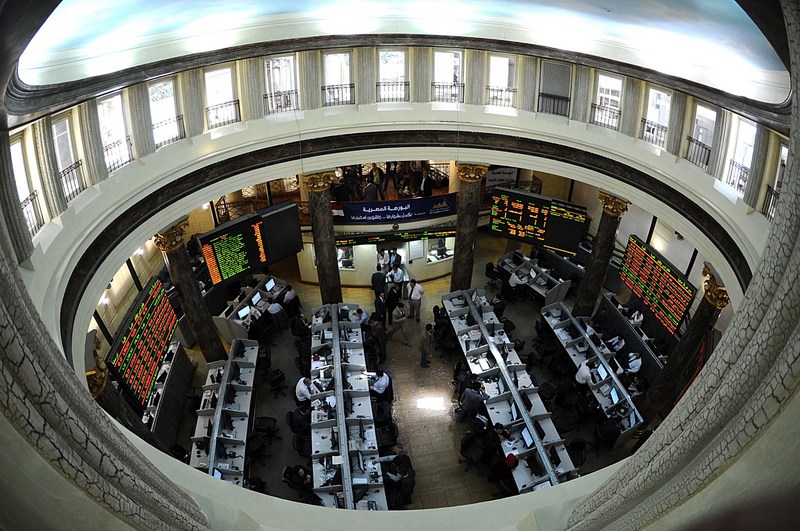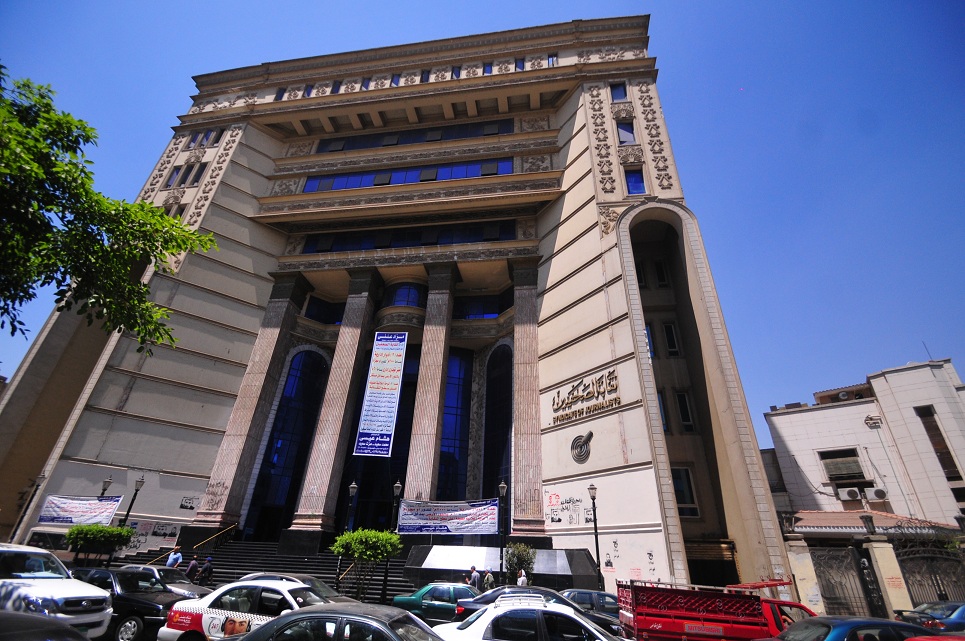 The other Islam
The other Islam
Before the 25 January revolution, I had reached a point where I had ceased to feel surprised or shocked when something new would come out about the dictatorial practices of the Mubarak regime. Regardless as to how some would react, to me nothing seemed impossible or strange. However like many others, after Mubarak’s resignation I found myself filled with hope for the future, and once again a sense of shock would come over me if I were to hear of something happening that unusual or out of the ordinary.
That being said, in the early days of the revolution it was hard for me join in the chants of others shouting that “the army and the people are one hand,” and it wasn’t long before I began to feel disgusted when I heard of the crimes committed by the army.
Starting with the forcible removal of people from Tahrir Square just two weeks after Mubarak’s resignation, these crimes slowly began to include forced virginity checks for female prisoners, and the conversion of the Egyptian museum into a makeshift torture chamber. When one compares the circumstances of this period to those of other countries who have gone through similar transitions, it became clear that the army had become the third, hidden hand in Egyptian politics.
Today, my shock stems from the actions of the Muslim Brotherhood, Salafis and those who generally label themselves as “Islamists,” as they are somehow able to pull off the use violence while at the same time convincing others through their words that they are in fact the defenders of righteousness.
However what I have witnessed recently causes me to not only feel shock but also lose the hope that had I obtained after the fall of the Mubarak regime.
The loss of hope that I speak of is not the result of the actions of one person or even a group of people who seek to present themselves as model Muslims. It is the result of a general air of hostility propagated by many elements of the Muslim Brotherhood, Salafis and jihadists alike. Curses and accusations labelling other Egyptians as infidels, liars and agents of foreign powers have unfortunately become tiresome and common.
The vehicle used by Islamists to spread these accusations includes large networks of satellite TV channels, social media websites and print media. It includes Facebook and Twitter, and enables large numbers of Islamist supporters to take part in the ritual demonisation of large swathes of Egyptian society.
It never ceases to amaze me the kind of rhetoric they are willing to use. Some attribute the country’s political divisions to a long brewing, inevitable clash between Islamists and liberals. Some say Islamist rhetoric is merely a response to exaggerations made by liberals since the revolution.
However I reject this premise, as the liberal movement itself is diverse and encompasses nationalists, leftists and secularists of all types, making it impossible for anyone to generalise and apply to them one set of labels.
Despite the differences that may exist within the ranks of the Islamist camp, it goes without saying that it is Islam itself that serves as the foundation upon which their political beliefs are shaped. However I am convinced that this version of Islam that they employ to their benefit is entirely different than that advocated for by the Prophet Muhammad.
The religion of the Prophet was a humble one, which encouraged positive rhetoric that was both forgiving and encouraging, as opposed to the words of Islamists today which are the source of slander and abuse.
The Prophet was a man who lived up to his promises and did not lie, whereas Islamists today are advocates of division, actively engaged in clouding the judgement of those who follow them.
I am against violence in all its forms, however even if I was the kind of person who felt its use was sometimes justified, I would still be shocked to hear the rhetoric coming from the mouths of Islamists. This rhetoric contradicts the values of their faith and until now was usually only been heard amongst the lowest sectors of society.
However despite all this, I would prefer to remain as someone who is shocked at the existence of this brand of Islamist, as opposed to being complicit in the notion that it is natural for our religion to be used as a mechanism to divide people and sow the seeds of discontent.


